“Amber, you seem to have plans to read several of these African American early modern history books aloud. Aren’t your older kids supposed to be reading school books on their own by this age?”
I hear you. My soon-to-be Form II (2b/4th grade & 2a/5th grade) children read well and will continue to take on more of their lesson books in the upcoming school year, but I do choose to still read some books aloud. Read on if you’d like to hear my thoughts on why I’ve made that choice.
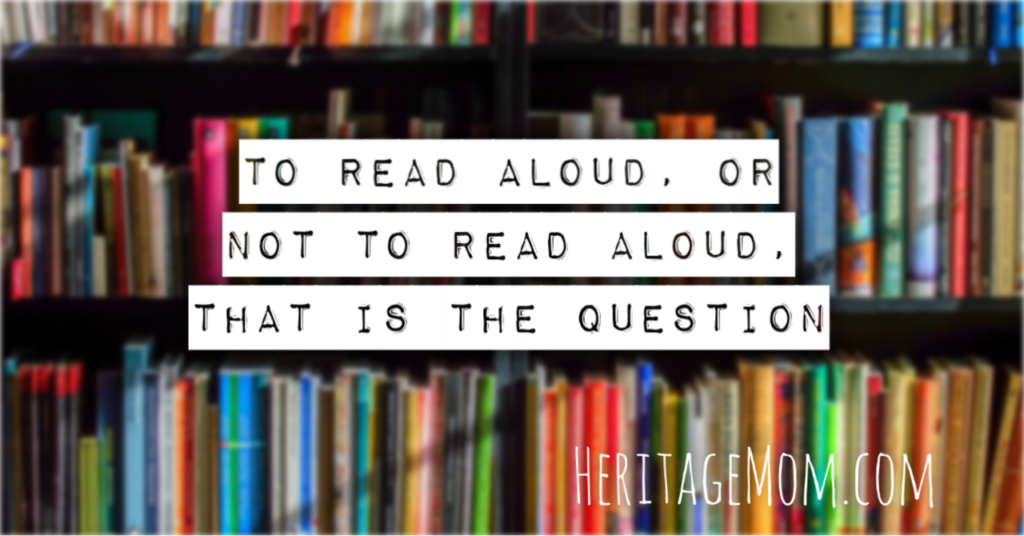
The aforementioned question is likely to come up for parents who have read Charlotte Mason’s volumes, and for good reason:
“The most common and the monstrous defect in the education of the day is that children fail to acquire the habit of reading. Knowledge is conveyed to them by lessons and talk, but the studious habit of using books as a means of interest and delight is not acquired. This habit should be begun early; so soon as the child can read at all, he should read for himself, and to himself, history, legends, fairy tales, and other suitable matter...It is a delight to older people to read aloud to children, but this should be only an occasional treat and indulgence, allowed before bedtime, for example. We must remember the natural inertness of a child’s mind; give him the habit of being read to, and he will steadily shirk the labour of reading for himself; indeed, we all like to be spoon-fed with our intellectual meat, or we should read and think more for ourselves and be less eager to run after lectures...A child has not begun his education until he has acquired the habit of reading to himself, with interest and pleasure, books fully on a level with his intelligence. I am speaking now of his lesson-books, which are all too apt to be written in a style of insufferable twaddle, probably because they are written by persons who have never chanced to meet a child.“
-Charlotte Mason, Vol 1, pages 228-229 (emphasis mine)
I agree with the above quote, but I also think handing the reading over to the children is a process – not something that happens one grand day when they come downstairs and I say, “Charlotte Mason says you should be reading all of your own books this year, so here you go. I’ll see you after lunch.”
We’re on a journey with the end point in mind, and for now, even when they are reading their own books, they’re usually not off in another room reading alone because they often read the books aloud to me and/or each other. And sometimes they do find a cozy corner and curl up with a school book, though more often than not, they’re enjoying a free read from our family bookshelves in those instances.
And as I decide which books I read aloud vs. assign them to read, I tend to save many of my readings for our Black history selections. I’d rather for them to read other history books on their own because:
- They’ll encounter so much of it (white history) time and time again elsewhere, but my home may be the only mention of most of the Black history we study beyond what they receive outside of their own personal studies.
- It’s easy to find history books covering the comings and goings of white people, so I’m able to provide books on the most appropriate reading level for each child every year. That’s not the case for Black history. Sometimes I end up having to use books that my kids understand when I read aloud but would not be able to comprehend as well if they read to themselves, so selection drives some of my choice to read aloud.
- This year we’ll study more about great African kingdoms, but in most of our history cycles, much of what has occurred with Black people is traumatic. It can be particularly jarring for Black children as they question whether the “KKK will come to our home” or “why the president and the police didn’t help Black people.” They also wrestle with making sense of the here and now by safely inquiring about how we know if white people they meet are “the kind that like us or the ones that still don’t.” I don’t want these questions swirling in their minds for long without me being there to help scaffold their reasoning, calm their fears – both the irrational and rational, and help them make sense of where they fit into the narrative.
I want my family to fall deeply in love with Black history, and this transcends school lessons and Charlotte Mason.
I follow her principles closely, but ultimately I do what I feel is best for my children. They’re usually one and the same, so it works out well. My family studies Black history academically, so the children do read some of their own books. But my family also studies Black history as a life-giving personal pursuit, so I will be reading some Black history books to them until they leave my home.
I want them to want to know about and love who they are and where they came from.
I want them to care.
And I find that reading aloud followed by narrations and immediate grand conversations sets the stage for a deep familial attachment to the material. It’s similar, in some ways, to our Bible reading. We study the Bible during the school day, but that’s certainly not the only time we come together to read about and discuss the Word, and I don’t have them read all of it themselves.
And finally, history is not the only thing the kids read. They have Citizenship, Natural History, Science, Shakespeare, Geography, Literature, Poetry, Biographies, and more. So when you consider the varied pool of reading material they encounter throughout the week, my Black history readings actually represent a very small percentage of their lessons.
Hopefully, that clears up any confusion about why I had so many references to reading aloud in the last post, and I’d love to hear your thoughts so please comment below and visit me on Instagram @heritagemomblog.
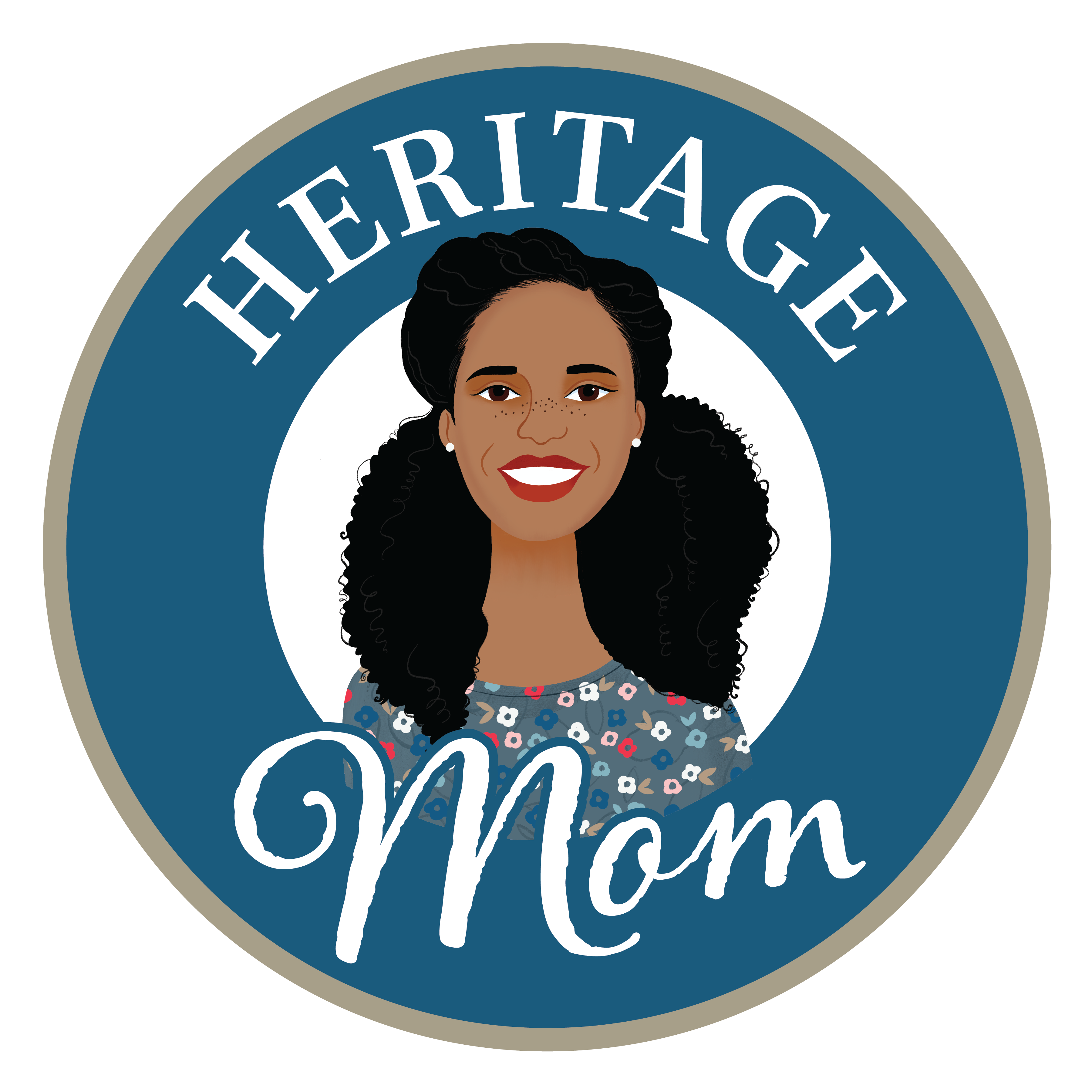
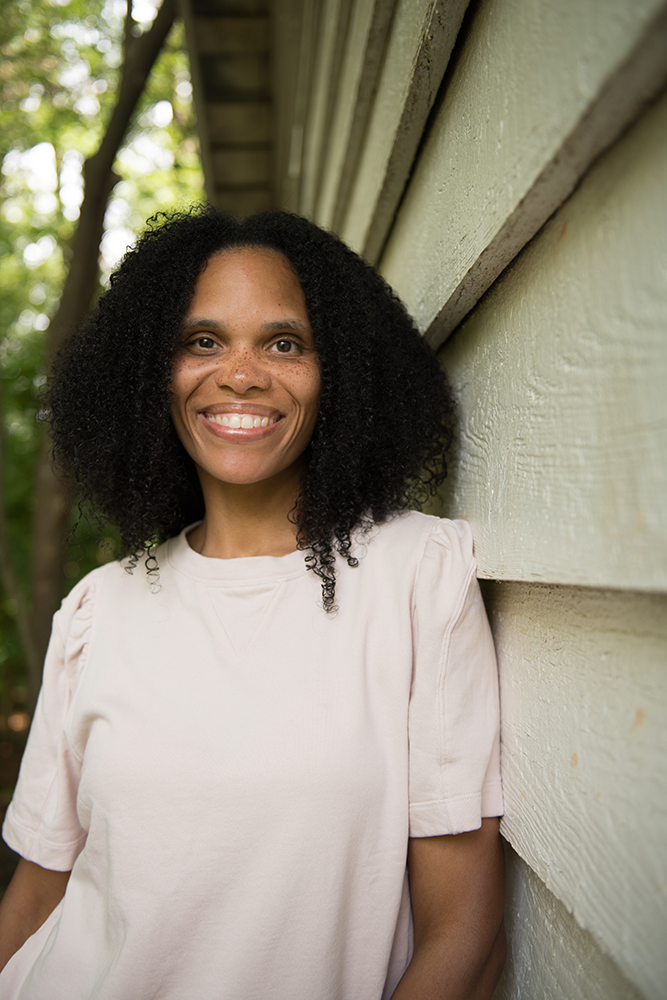
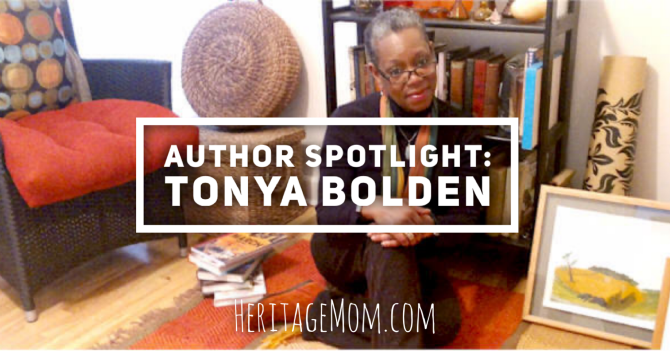
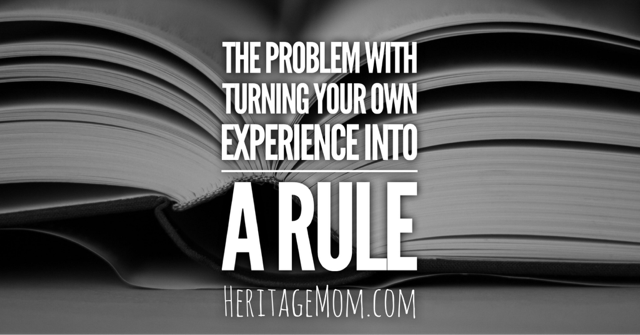
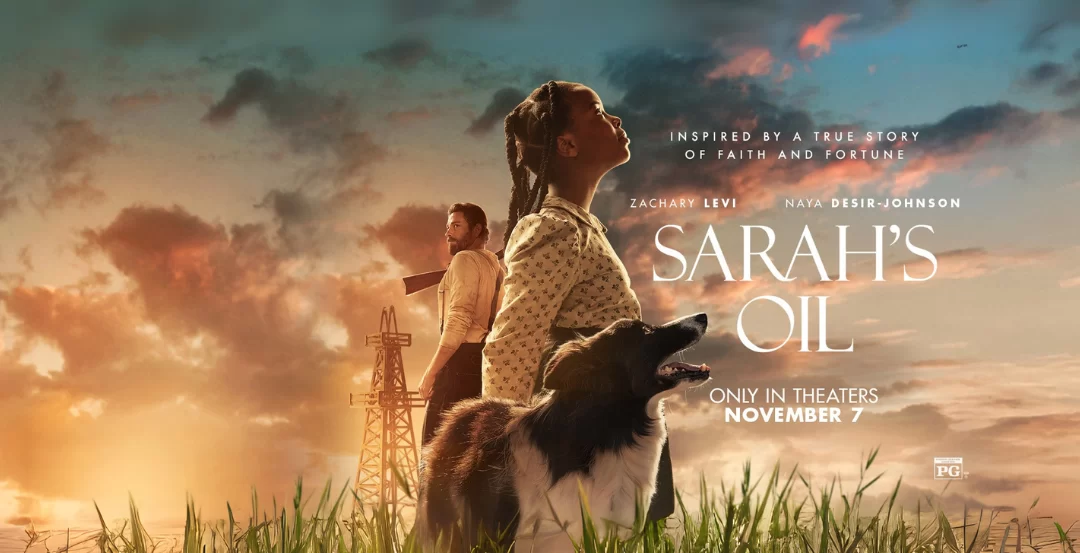
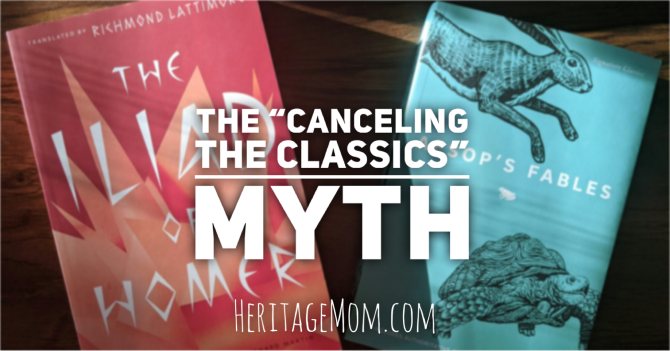
I always appreciate your posts. I plan to read aloud to my children until they leave my home. Once they move out, I hope we continue to read books and have discussions. I have two booklists. One booklist is ordered according to difficulty. Once my children can read, they will begin to read those books independently. The other list will be books that I plan to read aloud with my children. As you mentioned, it will be the books that they narrate orally and spark many conversations. I value self study, but I also value being a part of my children’s learning process. I love homeschooling. Read alouds are also great as shared reading. The fact that it is enjoyable is I season enough for me. Some benefits too reading together include being able to have the great conversations with my children, learning along side with my children, and seeing how they are progressing in their reading.
Thank you for reading them. I really like the idea of having a list ordered by difficulty!
Thank you for posting this. As a second-generation black homeschooler, this resonates with me as my parents did their absolute best but I definitely did not realize how much black people contributed to history. The only books we read involving people of color were ones where the main character was fighting for his freedom or the main character(s) were white and the characters who looked like me worked as attendants to white people. This shaped my view of growing up black negatively as an adult, I have had to work hard to correct this. I do NOT want to make the same mistake with my children so thank you for posting this and working so hard on Heritage Mom.
Thank you for sharing this, Amina. It’s so nice to be united with other moms who are trying to make a change for the next generation. You and I both know how it feels to not see ourselves reflected in literature, and that experience will always drive us to do better for our children.